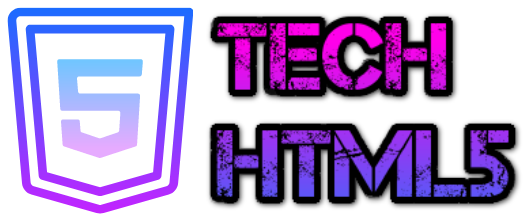1. Document review and contract analysis: AI can quickly and accurately review and analyze large volumes of legal documents, such as contracts, to identify key clauses, provisions, and potential risks.
2. Legal research and case analysis: AI-powered platforms can search vast databases of legal cases and statutes to provide relevant information and precedents, helping lawyers with legal research and case preparation.
3. Due diligence and compliance: AI can assist in conducting due diligence and compliance checks by swiftly analyzing large sets of data, such as financial records, to identify potential risks, fraud, or regulatory non-compliance.
4. Predictive analytics: AI algorithms can analyze historical data and trends to make predictions about potential legal outcomes, such as the likelihood of success in a particular case or potential settlements.
5. Virtual legal assistants: AI-powered chatbots and virtual assistants can provide basic legal information, answer common legal questions, and guide users through legal processes, such as filling out forms.
6. Contract automation: AI can automate the generation of legal documents, such as contracts or agreements, by using predefined templates, reducing time and effort for lawyers.
7. E-discovery and litigation support: AI can assist in e-discovery processes by efficiently sorting and categorizing large volumes of electronic documents and data for use in litigation and investigations.
8. Intellectual property (IP) management: AI can analyze patent databases, trademarks, and copyrights to assist lawyers in managing IPs, conducting infringement searches, and monitoring IP portfolios.
9. Regulatory compliance monitoring: AI can monitor regulatory changes and updates in real-time, helping legal professionals stay updated on relevant legal developments and ensure compliance.
10. Natural language processing (NLP) and legal analytics: AI-powered NLP can extract meaning and context from unstructured legal text, aiding in legal research, contract analysis, and understanding legal language nuances.
Please note that the application and adoption of AI in the legal sector may vary across jurisdictions and law firms, and these examples are not exhaustive.





